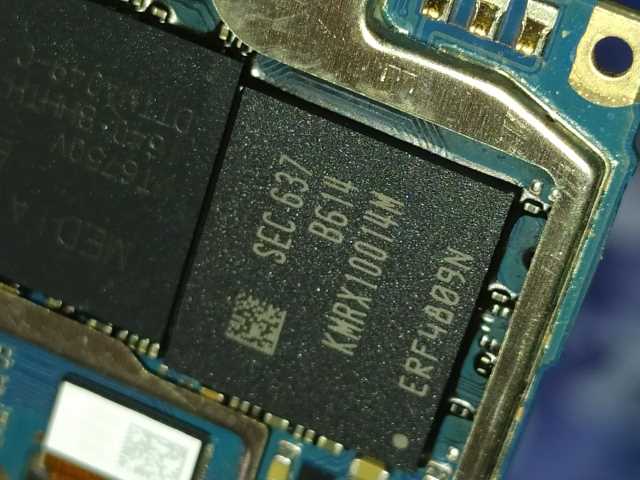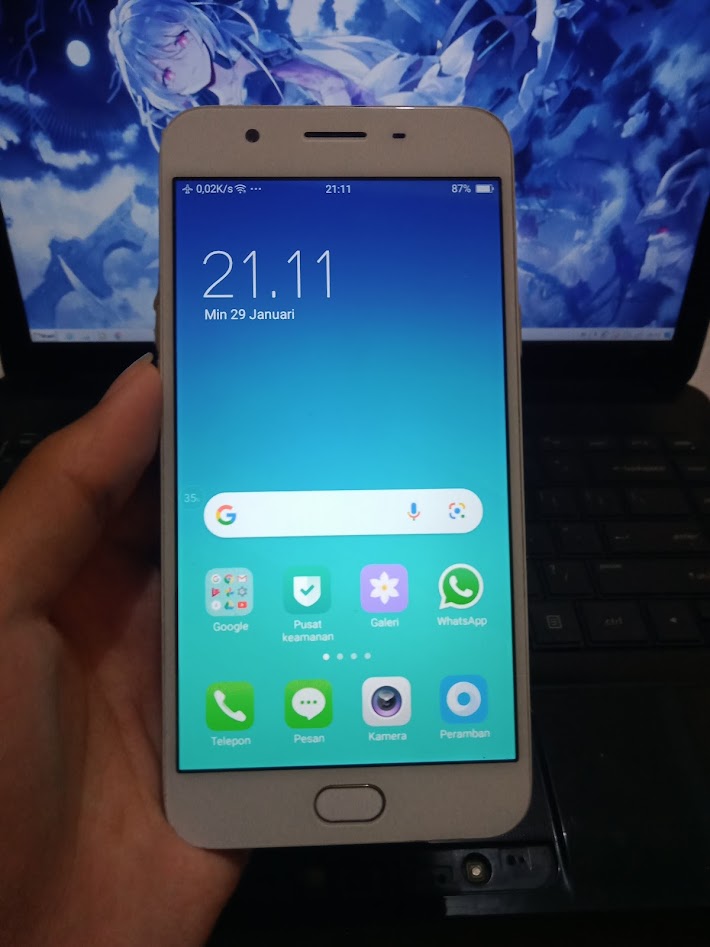Comparing: Sony Vaio 4GB / SMI USB DISK vs Samsung KMRX10014M
In this comparison, we analyze two Disks: Sony Vaio 4GB / SMI USB DISK and Samsung KMRX10014M, using synthetic benchmark tests to evaluate their overall performance. This side-by-side comparison helps users understand which hardware delivers better value, speed, and efficiency based on standardized testing. Whether you're building a new system or upgrading an existing one, this benchmark-driven evaluation offers valuable insights to guide your decision.

Sony Vaio 4GB / SMI USB DISK
| Type: | Disks |
|---|---|
| Model: | Sony Vaio 4GB / SMI USB DISK |
| Capacity: | 4GB |
| Interface: | USB 2.0 |

Samsung KMRX10014M
| Type: | Disks |
|---|---|
| Model: | Samsung KMRX10014M |
| Capacity: | 32GB |
| Interface: | eMMC |
Specification Comparison Table
This specification comparison presents technical details of several devices or components to help you understand the key differences between each option. Use this table as a reference to determine which device best suits your needs.
| Specification | Sony Vaio 4GB / SMI USB DISK | Samsung KMRX10014M |
|---|---|---|
| Brand | Sony / SMI | Samsung |
| Format | USB FlashDrive | eMMC 5.1 |
| Capacity | 4GB | 32GB |
| Interface | USB 2.0 | eMMC |
Submission Comparison Table
This submission comparison table displays the number and details of benchmark data submissions from various devices or components. This information helps you understand the performance based on the benchmarks that have been tested, as well as providing an overview of the consistency and popularity of the available benchmark results.
Submission Comparison Chart
This chart visualizes the benchmark scores comparison between two hardware devices based on submitted data.
Media Gallery
A collection of photos of tested hardware. These images can help you identify the physical form, model, and variant of the hardware in question. These photos are from our own documentation, and if they are not available we may not be able to document them.
About Hardware Sony Vaio 4GB / SMI USB DISK
The Sony Vaio 4GB/SMI USB DISK is a small capacity 4GB flash drive, which is more commonly found in older devices or used for basic purposes such as storing small document files or important file systems. Despite the “Sony Vaio” name, this flash drive actually falls into the unbranded or OEM universal drive category, as there is no official manufacturer that clearly identifies this product.
This flash drive is known as a native capacity fake USB, which means that while it may physically resemble a large capacity, it actually only has 4GB of usable storage space. With such a significant capacity limitation compared to today's standards, this flash drive still has a role to play in specialized applications, such as a lightweight operating system installation media, recovery tool, or as a configuration file store.
Tests were conducted using a Lenovo IdeaPad Slim 3i 14ITL6 device, 12GB DDR4 Dual Channel RAM, Windows 11 22H2 operating system, and a USB 3.1 Gen 1 port. Based on tests with CrystalDiskMark, this flash drive recorded a read speed of 24.74 MB/s and a write speed of 9.42 MB/s, which is low but sufficient for basic use that does not require large amounts of data transfer.
Device Test:
Device: Lenovo IdeaPad Slim 3i 14ITL6
RAM: 12GB DDR4 3200MHz Dual Channel (8+4)
OS: Windows 11 22H2
USB: USB 3.1 Gen 1
Thursday, 16 October 2014 21:44:19 | Update: 1 month ago
About Hardware Samsung KMRX10014M
OPPO F1s eMMC 5.1 (Samsung KMRX10014M) is an internal storage chip made by Samsung that is used in the OPPO F1s smartphone. Relying on eMMC 5.1 technology, this chip offers increased data transfer speeds compared to the previous generation (eMMC 5.0), providing a smoother user experience, especially when it comes to opening apps, saving files, and running the Android operating system responsively.
Although not comparable to UFS (Universal Flash Storage) in terms of performance, eMMC 5.1 remains an economical storage solution for mid-range devices like the OPPO F1s. The technology is reliable enough to handle everyday activities such as opening social media, recording videos, taking photos, and storing documents and apps.
The test was conducted on an OPPO F1s device with MediaTek MT6750 specifications, 4GB of RAM, and 32GB of internal storage, running on the Android 6 operating system. The internal storage on the OPPO F1s uses the Samsung KMRX10014M chip, which is an early generation eMMC 5.1 with relatively high performance for the standards of its release time.
Interestingly, despite the device being over 7 years old, testing using the Cross Platform Disk Test (Mobile) showed read speeds of 286.5 MB/s and write speeds of 78.7 MB/s. These figures are impressive for an eMMC chip that has gone through a long usage cycle, and indicate that the Samsung KMRX10014M has good NAND Flash endurance.
Overall, the eMMC 5.1 on the OPPO F1s offers an ideal combination of power efficiency, moderately high performance, and low manufacturing costs. This makes it a very suitable solution for devices with standard to mid-range requirements, especially when first released. While eMMC performance may degrade with age, these benchmark results show that the chip is still capable of performing quite well even after many years.
Device test (testbed):
Device: OPPO F1s
CPU: MediaTek MT6750
RAM: 4GB
Storage: 32GB
OS: Android 6
* This test was conducted after the device was approximately 7 years old, which is likely to have degraded the performance of eMMC.
Friday, 19 November 2021 16:41:45 | Update: 1 month ago


